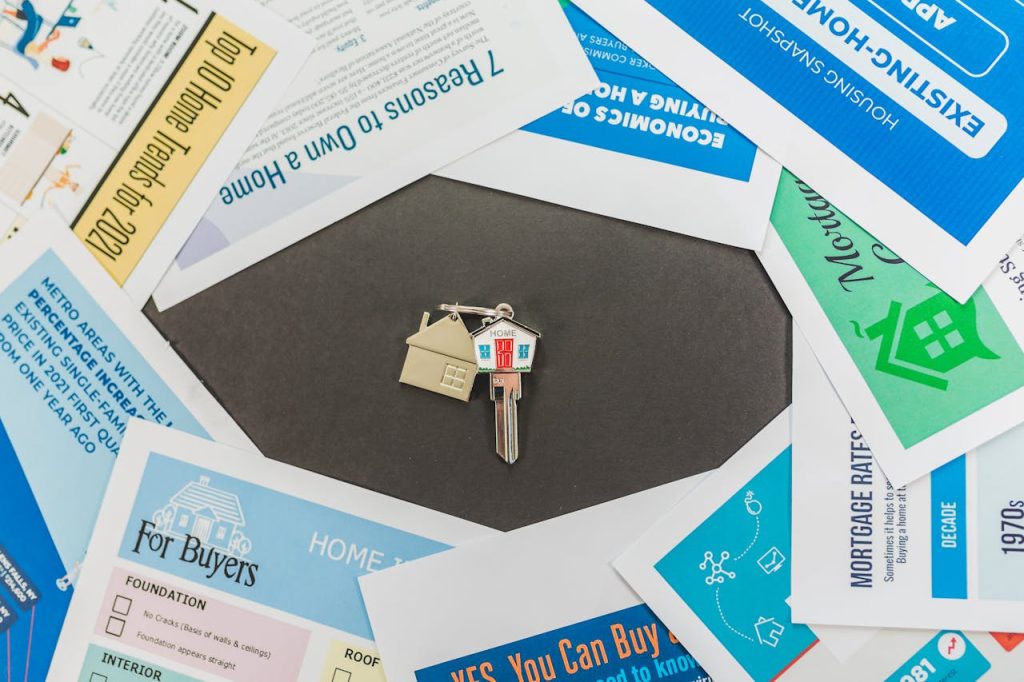
In today’s culture of “passive income” and real estate empires, it’s easy to believe that the only way to invest in property is by owning multiple rental units. But for athletes looking to grow their net worth responsibly, starting small—whether with a one-bedroom condo, a co-op, or a modest starter home—can be a smart and strategic way to build long-term wealth. If you’re lucky enough not have student loan debt or large financial obligations, buying a small property instead of paying rent can be an excellent way to convert a necessary expense (housing) into an investment. Here are a few things to consider and the benefits to starting small.
Why Real Estate Can Be a Smart Wealth-Building Tool
Unlike renting, homeownership allows you to build equity—the portion of your home that you own outright—which can increase over time as property values appreciate. Real estate also offers financial flexibility; whether you live in the home long-term, sell it for a profit later, or rent it out for additional income, owning property can be a key asset in your financial portfolio.
The Benefits of Starting Small
1. A starter home builds equity without overextending finances. A one-bedroom condo, co-op, or small house can be more affordable and easier to manage than a multi-unit rental property. It allows you to benefit from homeownership without taking on excessive financial risk. As you pay down the mortgage and property values rise, your equity grows—giving you more financial flexibility in the future.
2. It can become a source of passive income later. Even if your first property is simply a place to live, it can later be turned into a rental property or sold for a profit. Many homeowners start small, live in the home for a few years, and then rent it out while purchasing a larger home for themselves. This creates an additional income stream without the stress of managing multiple properties upfront.
3. Real estate can serve as a hedge against inflation. Unlike money sitting in a savings account, real estate tends to appreciate over time. A well-bought property can increase in value, providing long-term financial security and protection against inflation.
4. You can leverage real estate without owning it alone. For those who want to invest in real estate but aren’t ready to buy a home solo, there are real estate investment programs that allow you to invest in property with others. Platforms like real estate crowdfunding or REITs (Real Estate Investment Trusts) provide exposure to real estate assets without the responsibilities of homeownership.
Tips for Athletes Considering Their First Property
- Know your budget. Buying a home should be a financially responsible decision. Work with a financial advisor to determine how much you can afford, factoring in not just the mortgage but also property taxes, maintenance, and insurance.
- Choose a property with growth potential. Look for homes in areas where property values are increasing. A small condo in a desirable location could appreciate more than a larger home in a declining market.
- Understand the long-term commitment: Real estate isn’t a short-term flip for most people—it’s a long-term investment. Make sure you’re ready to hold onto the property for at least a few years to maximize its value.
- Consider house hacking: If you’re open to it, you can rent out a room or a portion of your home to help offset mortgage costs. This can be an easy way to reduce your housing expenses while building equity.
- Don’t rely solely on real estate for wealth: While real estate can be a great investment, it’s important to diversify. Keep contributing to retirement accounts, investments, and savings alongside property ownership.
You don’t need to be a full-time real estate investor to benefit from homeownership. Whether it’s a condo, a co-op, or a small starter home, owning just one property can be a valuable step toward financial growth. Starting small allows athletes to build equity, create future income opportunities, and gradually increase their net worth—without the risk of overextending their finances.
If you’re considering buying your first property, take your time, do your research, and think about how homeownership fits into your long-term financial plan. Smart real estate decisions today can set you up for financial success in the years to come.